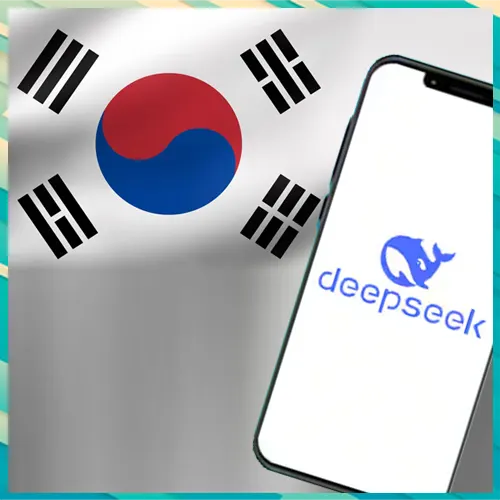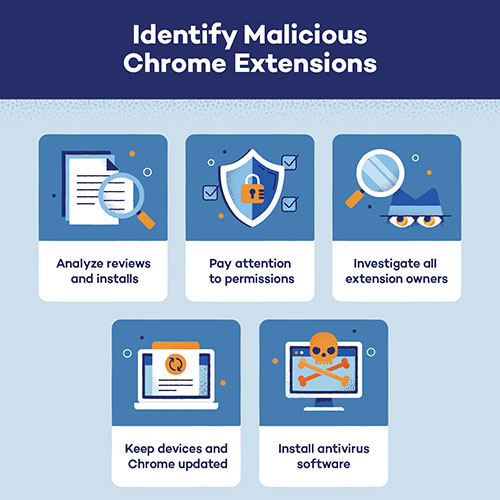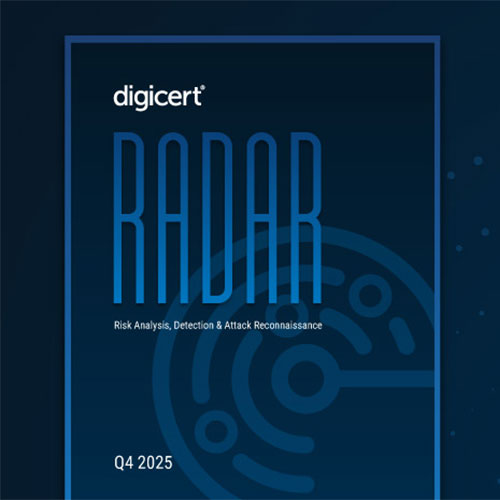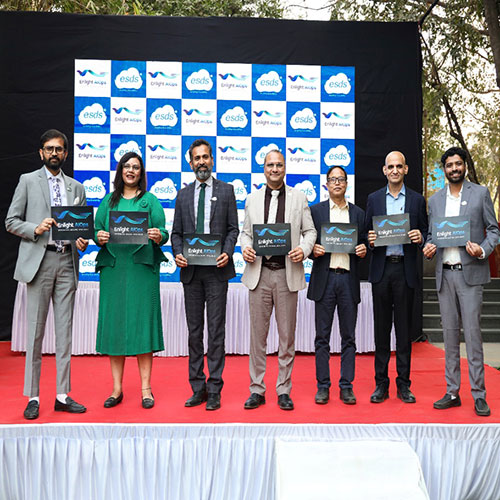Breaking News

The Personal Information Protection Commission said DeepSeek sent personal information to companies in China and the U.S. during its app launch in January.
South Korea has launched a formal investigation into Chinese AI startup DeepSeek following allegations of a serious data breach involving the unauthorized transfer of user information and AI prompts. The South Korea DeepSeek investigation, led by the Personal Information Protection Commission (PIPC), found that DeepSeek violated privacy laws by transferring sensitive data to multiple companies in China and the United States without obtaining user consent.
The controversy emerged shortly after the launch of DeepSeek’s app in South Korea in January 2025. In February, the country’s data watchdog suspended all new downloads of the DeepSeek app, citing multiple breaches of local data protection regulations. According to the commission, DeepSeek transmitted not only personal user details but also AI prompt content to third-party firms, including Beijing Volcano Engine Technology Co. Ltd.
This DeepSeek privacy violation has reignited conversations around AI regulation in South Korea, especially as the country tightens its stance on tech companies that fail to adhere to international data protection norms. The PIPC emphasized that DeepSeek did not meet transparency standards and bypassed critical user consent protocols—practices considered unacceptable under South Korean law.
In response to the backlash, DeepSeek claimed it had routed user data to improve AI functionality, a move it now acknowledges was a misstep. The company has since pledged to align its practices more closely with Google AI privacy standards and other global benchmarks. DeepSeek confirmed that it halted the transmission of user prompts to Volcano Engine as of April 10, aiming to rebuild trust and comply with evolving data security norms.
This incident underscores the urgent need for robust cross-border AI governance and user data safeguards, as artificial intelligence becomes more integrated into daily life.
The controversy emerged shortly after the launch of DeepSeek’s app in South Korea in January 2025. In February, the country’s data watchdog suspended all new downloads of the DeepSeek app, citing multiple breaches of local data protection regulations. According to the commission, DeepSeek transmitted not only personal user details but also AI prompt content to third-party firms, including Beijing Volcano Engine Technology Co. Ltd.
This DeepSeek privacy violation has reignited conversations around AI regulation in South Korea, especially as the country tightens its stance on tech companies that fail to adhere to international data protection norms. The PIPC emphasized that DeepSeek did not meet transparency standards and bypassed critical user consent protocols—practices considered unacceptable under South Korean law.
In response to the backlash, DeepSeek claimed it had routed user data to improve AI functionality, a move it now acknowledges was a misstep. The company has since pledged to align its practices more closely with Google AI privacy standards and other global benchmarks. DeepSeek confirmed that it halted the transmission of user prompts to Volcano Engine as of April 10, aiming to rebuild trust and comply with evolving data security norms.
This incident underscores the urgent need for robust cross-border AI governance and user data safeguards, as artificial intelligence becomes more integrated into daily life.
See What’s Next in Tech With the Fast Forward Newsletter
Tweets From @varindiamag
Nothing to see here - yet
When they Tweet, their Tweets will show up here.





























